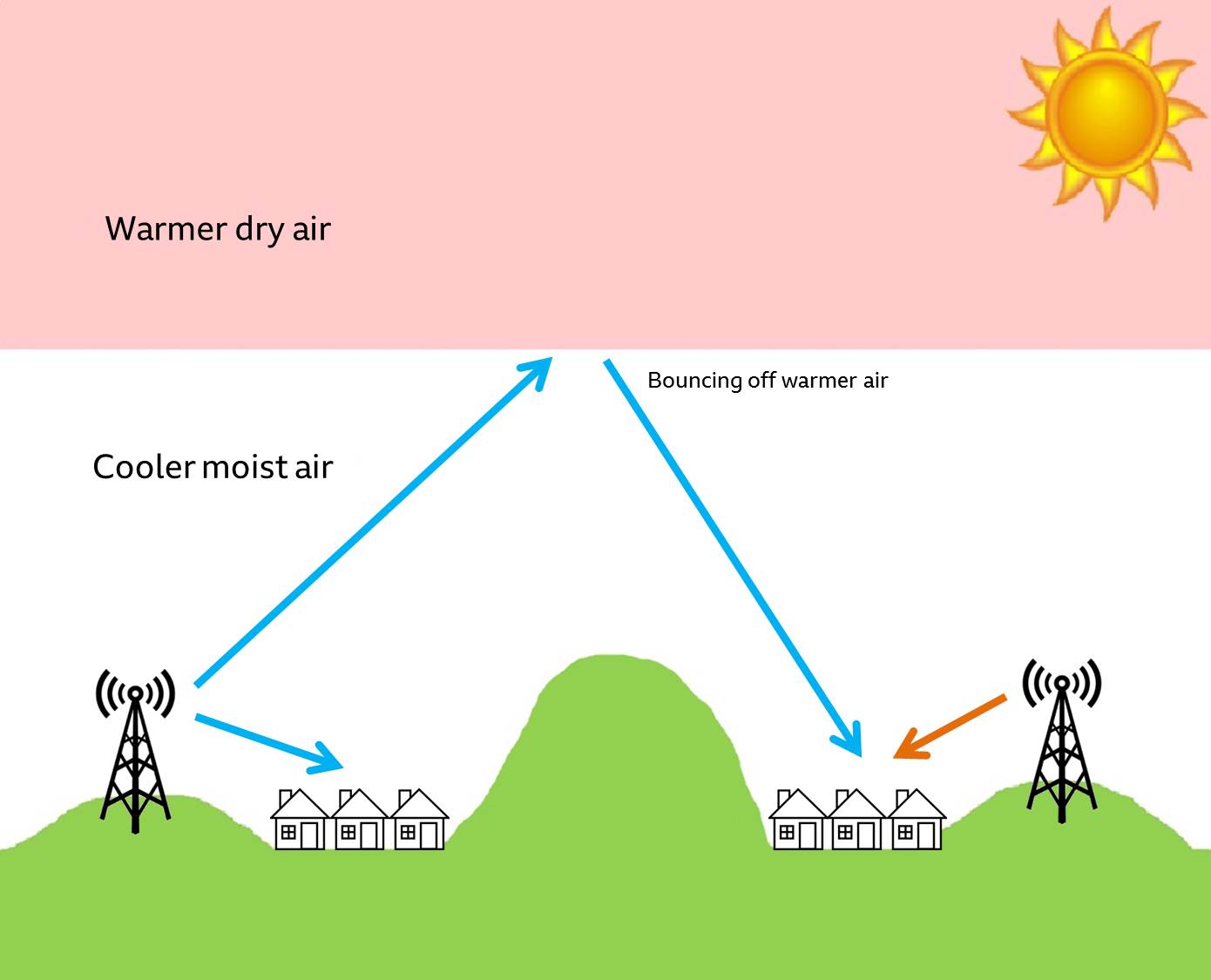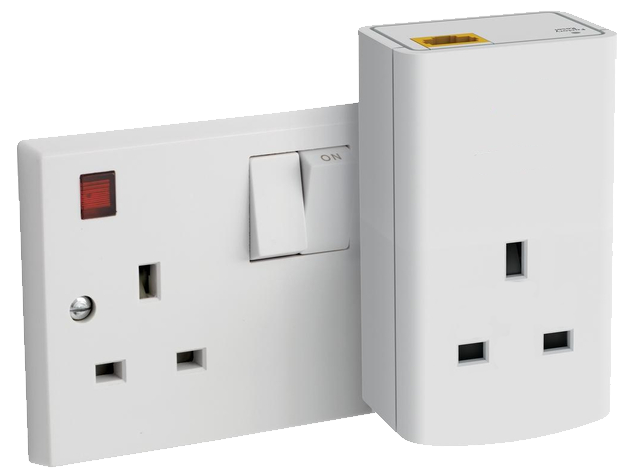Interference from radio amateurs, or from digital communications such as those used on public transport or security systems, is rare.
Radio amateurs are licensed by Ofcom (Office of Communications) to operate within certain parameters.
Interference from these types of radio transmission is most commonly caused by problems in your own system, for example, poor quality cables and connectors.
The symptoms can be picture break-up or freezing on your television or rhythmic thumps, pops, or distorted speech on your radio. A simple filter should be able to solve the problem. See our guides on types of filters.
If it is a radio amateur causing the problem, they may well not be aware as the vast majority of radio amateurs work within their licensing terms.
Amateur Radio
Amateur radio is a popular technical hobby and volunteer public service that uses designated radio frequencies for non-commercial exchange of messages, wireless experimentation, self-training, and emergency communications. They use a number of frequency bands allocated specifically to radio amateurs.
A qualified radio amateur will have passed exams and hold a licence to broadcast.
What causes the interference
When a transmission from a radio amateur is picked up by your television or radio, it is known as breakthrough. If you have an amplifier or booster it can be more susceptible to breakthrough. Poor connections in the aerial system, or poorly screened cables between pieces of equipment, can also cause breakthrough.
It is important to appreciate that just because someone is using a transmitter nearby and you are suffering disruption as a result, it is not necessarily their ‘fault’. Provided they are operating within the terms of their licence, they are under no obligation to change or stop what they do in order to avoid causing interference.
Equipment regulation
Equipment has to conform to regulations designed to protect against breakthrough in a typical home setting. This was not always the case and with older equipment you may need to take steps to overcome the problem.
When buying television or radio equipment, you cannot tell whether it has good immunity to breakthrough. You may change a piece of equipment to a different brand and discover that, although the previous model worked perfectly well, the new one suffers interference.
Things you can check:
You will need to check whether you have a good installation and all possible cables and connectors are in good order.
Keep a record
Keep a log of when the problem occurs and which services/channels are affected. Radio amateurs are required to keep a log of their transmissions under their licensing terms. Doing this will determine whether the problem coincides with their transmissions
Talk to the radio amateur
If you have tried all the above, you are happy that your installation isn't faulty and you think you know the source of the problem, consider approaching the person politely. A short test will show whether they are in fact affecting your reception. Most radio amateurs will try to help you solve the problem. As most cases of interference are due to breakthrough within your own equipment, filters can often help.
Digital Communication systems, such as TETRA or Airwave
Digital communications used by companies and public services can sometimes cause interference to Freeview. This can happen when a new communications aerial or mast is switched on in an area where viewers are using TV masthead amplifiers to boost a weak television signal. Break-up, or complete failure, can occur from a few seconds to longer periods on Freeview. These problems are not affected by changes in the weather, will have started suddenly and often affect neighbours.
This happens because these strong, digital communication transmissions, which are perfectly legal, enter your system along with the TV signals and overload the masthead amplifier.
A solution is to fit a high-pass, or band-pass, filter to the input of the masthead amplifier. This will reduce or remove the unwanted signal, but allow TV ones through as normal. Commonly available amplifiers often do not contain such filtering as standard, so it needs to be fitted afterwards.
A qualified installer should be able to suggest the best option for you.
Qualified Installer
The BBC cannot recommend individual Installers. The CAI (Confederation of Aerial Industries) is a recognised trade body which will be able to put you in touch with one of their members in your area.

